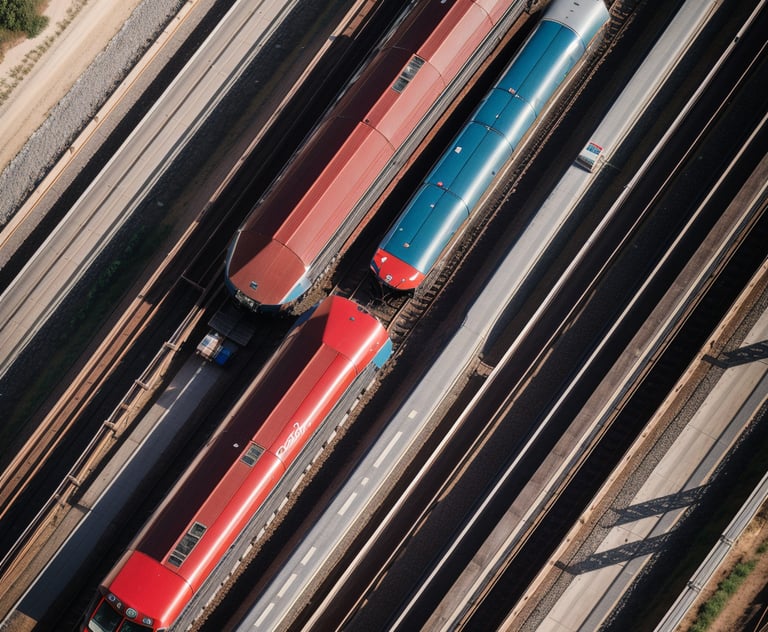EU policy & cross border discussions on EVN
Source: UIP
6/21/20241 min read


Several prominent associations within the European rail sector, including UIP, AERRL, ALLRAIL, CER, ERFA, UIC, UIRR, and UNIFE, have jointly addressed key European bodies regarding the future of the European Vehicle Number (EVN). They strongly oppose proposals to replace the current EVN with a random and permanent identifier automatically generated. The existing EVN structure, considered a valuable asset by the sector, provides significant advantages due to its "speaking number" format. This format facilitates traceability throughout a vehicle's lifecycle, crucial for monitoring administrative and technical changes from market entry to scrapping.
On June 18th, the Council of the European Union adopted a General Approach to the Commission’s Proposal on Railway Infrastructure Capacity (COM (2023) 443). However, stakeholders argue that this approach falls short of the regulation’s objectives. It perpetuates fragmented national systems, which could hinder efforts to optimize railway capacity, enhance cross-border coordination, and improve punctuality and reliability. Moreover, the approach risks undermining European rail freight competitiveness by allowing extensive national exemptions from unified European rules.
Effective international coordination is deemed essential for efficient capacity management, contrasting with the current patchwork of national infrastructure management practices. Ahead of trilogue negotiations among the European Commission, Parliament, and Council, UIP, along with ERFA, CLECAT, ESC, and UIRR, advocate for regulatory text that prioritizes meeting the business needs of a robust European Rail Freight Market. Their focus is on achieving regulatory coherence and removing barriers to enhance the sector’s operational efficiency and attractiveness for freight transport.

